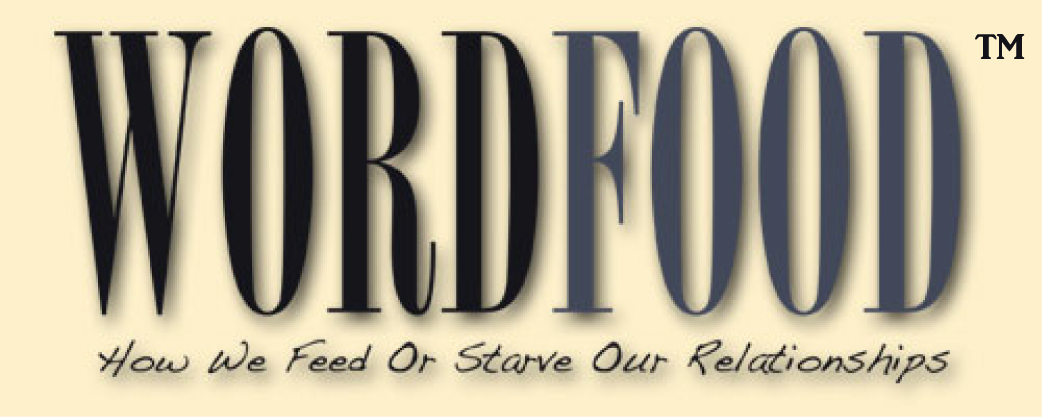Sometimes despite our best efforts, we get misunderstood. Suffice it to say that when we travel, this is especially true. I just got back from a month in Costa Rica, where English is widely spoken. That is, until I stepped into a wonderful little textiles shop in La Fortuna, a town that has grown up around the Arenal volcano in the north central part of the country.
Now this town is very small, and it’s mostly a lineup of tourist touts and overpriced restaurants. There are tacky souvenir shops and the occasional Tico place to eat where you can get authentic Costa Rican food. But for the most part it is a purely tourist town, with tourist prices, and you don’t expect to find much else. Then I stumbled into a bit of paradise.
A Guatamalan woman had a shop on the main street that was chock full of the most amazing textiles you could imagine. All the shelves from floor to ceiling were lined with hand embroidered runners, blankets, wall hangings and placemats of the most uproarious colors and designs. I was transported to Ecuador where I had been the previous January, and was blown away by the variations of theme, color and expression. Each was a unique work, a treasure. No matter what I pulled out, I wanted it. And her prices were well below what I had paid in Ecuador, by half again. I was deeply impressed.
This determined, diminuitive woman in indigenous dress walked over to me and I did my best, in halting Spanish, to express to her that I had seen something similar in Ecuador. I was complimentary about her pricing and her work. However, whatever I said wasn’t what she heard. She drew herself up to her full 5′ height and said with great emphasis that her work was authentic, indigenous, and took the pieces out my hand and put them back on the shelf. Then she turned her back to me and sat down.
Any attempt to speak with her after that was met with “no intiendo” – I don’t understand you- and it didn’t matter that I desperately wanted to buy some things from this one of a kind shop. Defeated, I left.
When I returned to my hostel and told my proprietor about what had happened, he laughed. Apparently, I wasn’t the only one who received the cold shoulder. Proud and “hard” according to him, this hard scrabble woman made all her lovely things on site, and was deservedly pleased with her results. She would brook no comparisons to anything else anywhere else in the world. And if she decided she didn’t like you, you were out the door. Sale or no sale.
I was sad, of course, for my intent had been to create a connection, pay a compliment and make a purchase. However with a delicate ego involved, the challenges of language are even more difficult. Sometimes our best attempts at what I call Energy Enhancers, or compliments, go awry. I never found a similar store in the rest of the country, and I looked. My travels aren’t over. But this lesson will stick. What I had to look at was whether I was trying to impress her with my knowledge (perhaps) or really trying to pay her a compliment (I was). It was good to look at true intent. I offended her nonetheless, and came home without my souvenir, but with perhaps a larger prize, which was greater humility. And that is always worth having.

